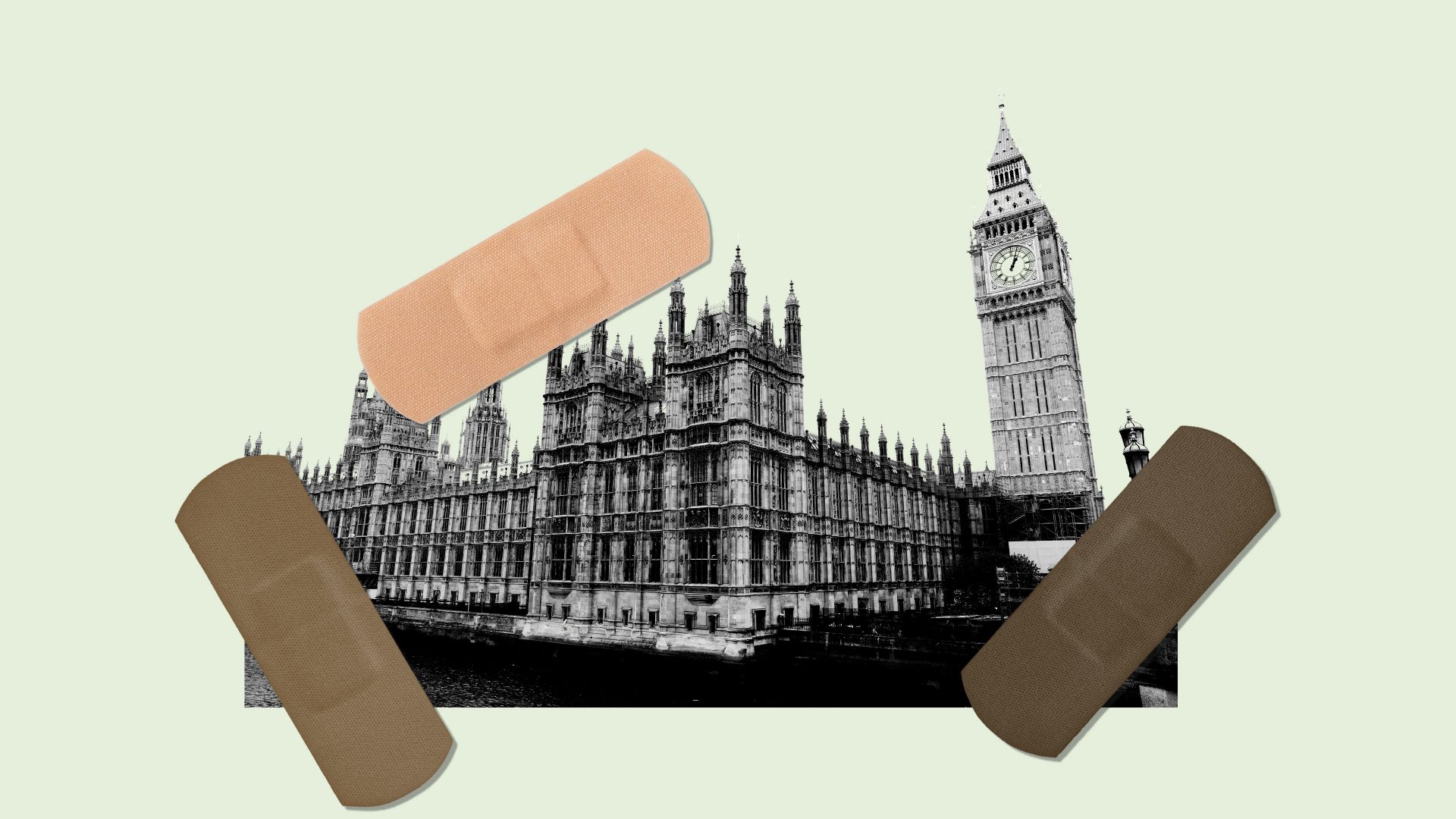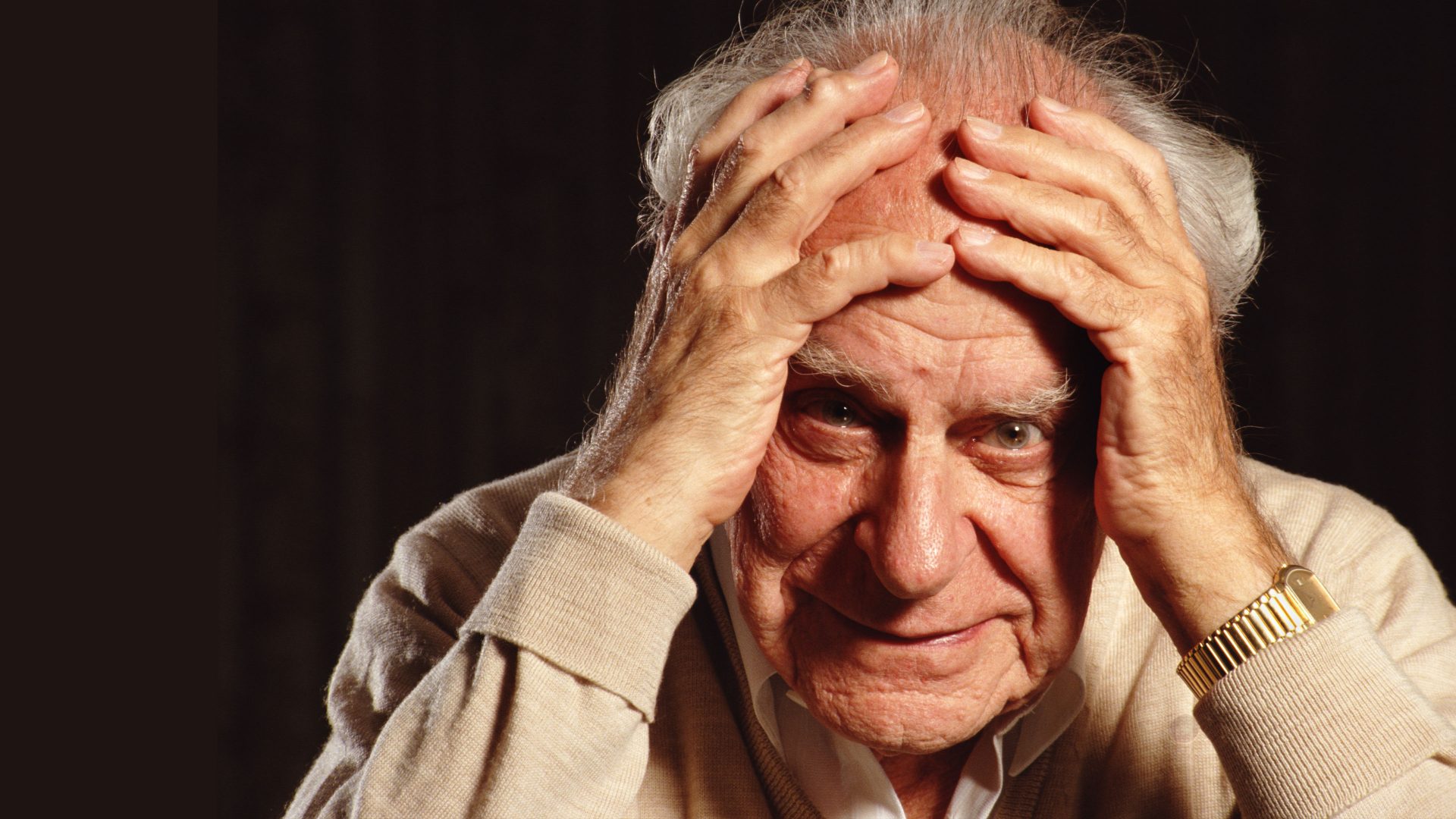Cast your minds back – if you can – to that prelapsarian time before the demise of Queen Elizabeth, when England – if not Britain – was merrie, and social relations were happily organic. Yes, yes – I realise it’s difficult, so very much has changed in the last, um, week; but if it hadn’t been such a good one to bury bad news, it’s indisputable that we’d all still be discussing the new government of in-Liz-we-Truss, and in particular the diversity of her cabinet.
It was Truss’s big hit in her first PMQs last Wednesday, to observe that while she, Britain’s third female Tory prime minister, has filled all the great offices of state with people from the minority communities – Kwarteng, Braverman and Cleverly – the Labour Party has yet to have a leader who isn’t male, white and hailing from north London.
What Truss has against north London I’m unclear about – besides the fact that up until last Tuesday she was residing in the south-east of the metropolis. But no doubt, once the fanfaronade surrounding the monarch’s death has subsided, she’ll let us know – possibly by denying people north of the Thames and south of the M25 the sort of tax cuts she believes will not just kick-start the economy, but send it rocketing back to the kind of 6% growth per annum which built our great nation.
Of course, such growth was only possible when we were able to take lots of stuff from colonial subjects in other countries – then, latterly, palm off our substandard manufactures on them – while Truss’s plan rests mostly on that hoary old adage of the Tory right: everything would be cushty if the lower orders pulled their fingers out and worked as hard as possible to increase their betters’ wealth.
Certainly, this is the sort of transformation her senior ministers also devoutly desire – while many on the left have been wondering: why is it we wait for ages for more diversity among our political leaders, and when three of them arrive together, they all seem to hold views inimical to progressives? A hack on the Glasgow Herald dumbly Tweeted (although I question whether it’s possible to Tweet in any other way), that Kwarteng, Braverman and Cleverly were “coconuts”: black or brown on the outside – but white in the middle. Such essentialism is as offensive – to the majority community as well as the minority ones – as it is wrongheaded: personally, although I may disagree with this trio on a whole range of issues, I celebrate the fact that they’ve been elected to parliament and now elevated to high office.
Such a phenomenon would, quite simply, have been unthinkable in my childhood, when the late, lamented Queen watched the Black and White Minstrels at her Royal Variety Show. Her equally lamented husband went on making dodgy remarks – as late as the 1980s he could say to a Kenyan woman who was presenting him with an official gift: “You are a woman, aren’t you?”
The last few years of both their lives have been marked by the unravelling of that revenant of empire, the Commonwealth, as nation after nation has realised there’s absolutely no advantage – let alone necessity – in having some old white person from the far side of the world as their head of state.
The accession of King Charles is very unlikely to change their minds, but it’s worth observing that while an optimistic Multicultural Man might view the Truss cabinet as a welcome development, the pessimistic Multicultural Man (who, perversely, occupies the same body), can’t help but see it as an introjection of the British Empire’s notorious martial races policy. This was racist essentialism at its very worst: the idea being that the “higher races” were best fitted to the higher social positions – and economic rewards – while the lower ones should be content with their labouring lot.
This is the rationale that led to south Asians, from the Punjab and Gujarat in particular, being “encouraged” to emigrate to east Africa, where they became the clerkly and shopkeeper classes, while native Africans were necessarily blocked from advancement. Suella Braverman’s own father was just one of the hundreds of thousands of east African Asians who were forced to flee after the former British colonies gained their independence. Since her appointment there have been plenty who’ve accused her of having a short memory – the truth is: she may have a rather long one.
How Kwarteng and Cleverly fit into this is moot – but judging from their biographies, neither of their families were directly on the receiving end of the martial races policy, which still blights relations between the Asian and the African diaspora to this day. Obviously, sending unwanted immigrants to Britain on to Rwanda will really help with this, home secretary



